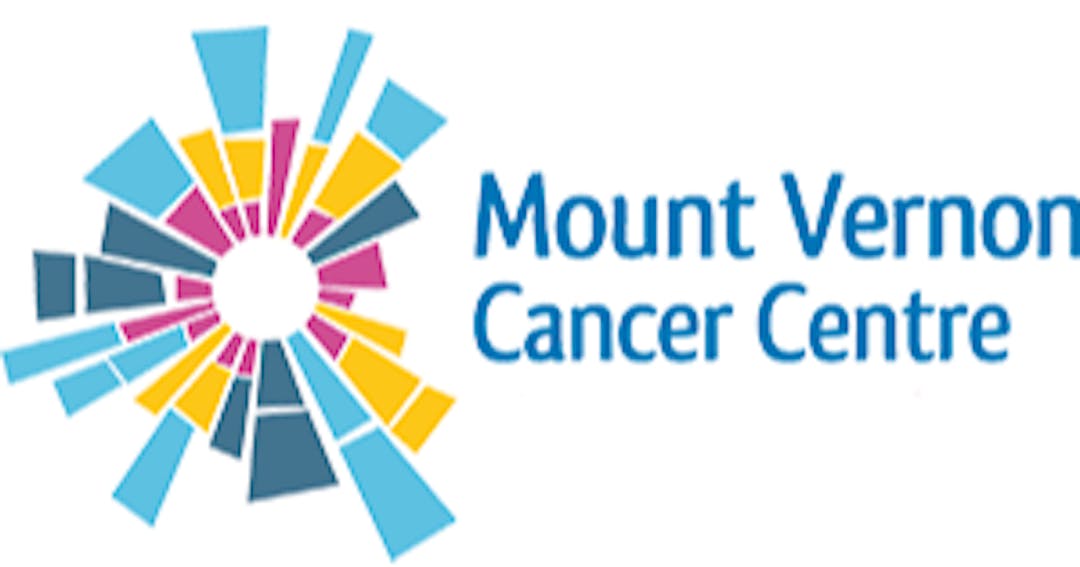Location of the New Cancer Centre

The Clinical Workstream has recommended a full replacement and enhancement of current Mount Vernon services on an acute hospital site that offers a wide variety of acute services on the same geographical site.
Criteria for shortlisting potential locations
Potential site options have been shortlisted by taking account of the following significant issues:
- Co-located with critical care provision and additional specific acute services
- Geographical accessibility, with no material deterioration in patient access
Further information
Further information about the review of potential locations can be read in the 'Next steps towards identifying a preferred acute site' report that went to the Mount Vernon Cancer Centre Programme Board in December 2020. An extract from the report outlining the extent to which each site met the criteria is included in the 'Essential criteria, by acute site' document.
Co-located acute services
Independent clinical advice was commissioned in relation to the co-located acute services. This report can be read in the 'Adjacent clinical services' report). In summary the clinical hub needs to be co-located on the same geographical site as an acute hospital offering a wide variety of acute services, including an Accident & Emergency department.
Geographical accessibility, with no material deterioration in patient access
A summary of the 'Patient flow and accessibility modelling' can be downloaded from the documents list.
Deterioration in patient access is defined as:
- Average travel time increased by more than 5 minutes (each journey) against the whole of the MVCC catchment population (adjusted to take account of planned changes to NW London ICS flows).
- Proportion of patients with journey times of 30 minutes or more is increased by more than 5 percentage points in comparison to current access at MVCC against the whole of the MVCC catchment population (adjusted to take account of planned changes to NW London ICS flows).
- Public transport: No material (5 minutes per journey) deterioration in travel time by public transport for the population served AND no increase in the proportion of patients travelling more than 75 minutes (each way)
This does not preclude enhancing access for some services and populations where access is known to be poor.
Patient feedback
Table 4 within the Board report sets out a summary of the patient feedback on specific sites, received at events during October and November 2020, as well as the results of testing that the feedback had been correctly recorded at a series of further events. The summary focuses on the five sites the participants were generally willing to consider the MVCC move to. All other sites received purely negative feedback on the basis of access.
Integrated Care System feedback
Each Integrated Care System (ICS) outlined their local cancer strategy and identified opportunities and areas of concern in relation to their population. Their feedback is summarised in the Board report and covered in more details in the 'ICS feedback on cancer strategic priorities and impact on the MVCC review' report.
Acute services that will need to be on the same site as Mount Vernon:
- accident and emergency department
- 24-hour inpatient emergency access to the assessment of need for escalation of care for in-patients, particularly by the on-call on-site acute medical team and also by the acute surgical on-call on-site team
- 24-hour on-site critical care outreach for in-patients with potential transfer to high-dependency and intensive care units located on the same geographical site
- on-site consultation capability for inpatients requiring acute care (diabetology, cardiology, respiratory medicine, gastroenterology, nephrology, endocrinology, dermatology, infectious diseases, ENT, haematology): for the complications of cancer, for the complications of treatment and to maintain timing of treatment plans such that interruptions are minimised (especially for radiotherapy fractionation)
- immediate access to support pathological services (especially haematology and biochemistry)
- outpatient access to a wide variety of clinical specialties: diabetes, cardiology, respiratory medicine, gastroenterology, renal medicine, endocrinology, dermatology, neurology, urology, ENT, gynaecology, palliative care, pain management services
- rapid access for urgent therapy services


